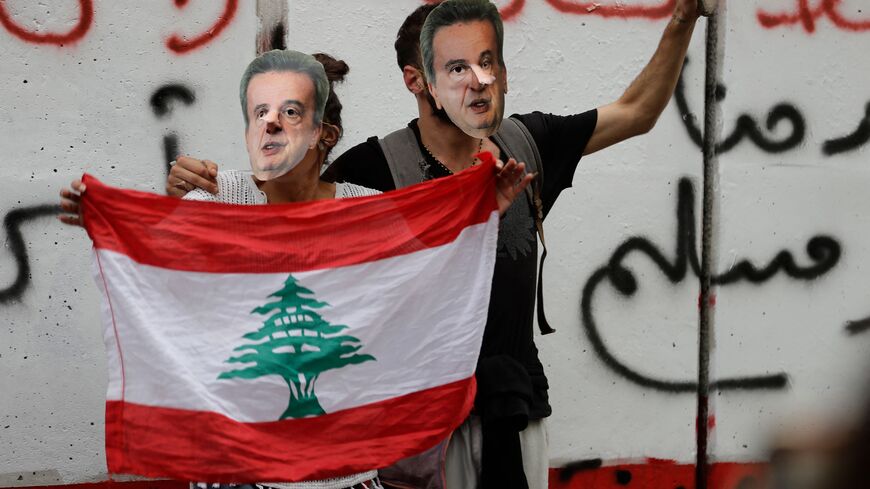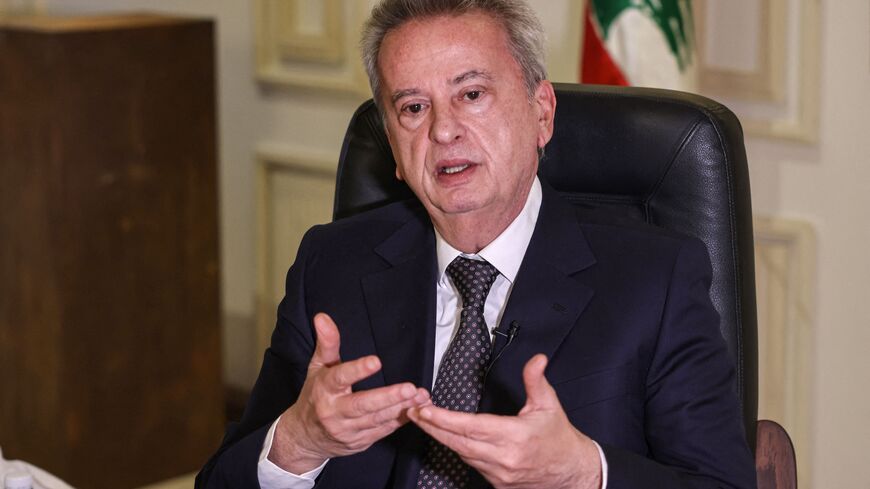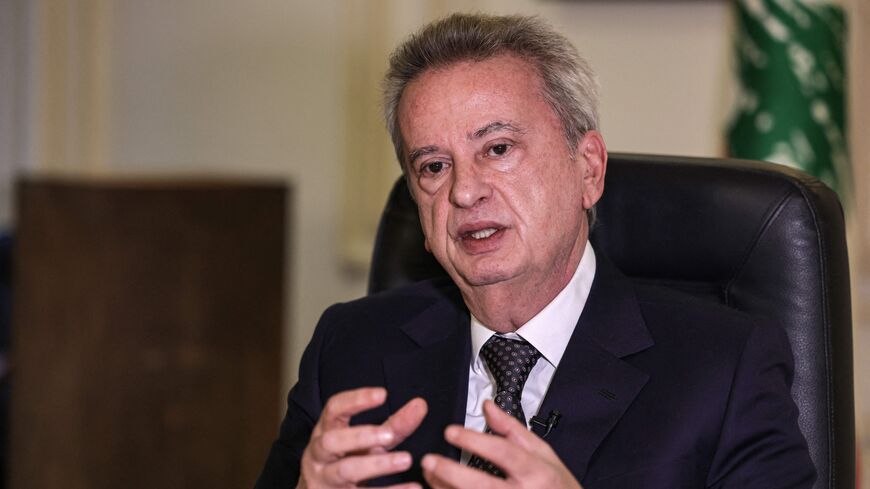Switzerland reports violation by Lebanon’s Audi bank in Riad Salameh probe
The action by FINMA concerns connections around disgraced former Lebanese Central Bank governor Riad Salameh.

The Swiss financial regulator found that Banque Audi (Suisse) SA, a Switzerland-based subsidiary of a Lebanese banking group, breached its obligations in preventing money laundering and thereby “seriously violated” market law.
The regulator, FINMA, said Monday that it has ordered the disgorgement of 3.9 million Swiss francs ($4.34 million) of Banque Audi (Suisse) SA and a capital surcharge of 19 million francs ($21.2 million).
"In the course of the proceedings, the bank has cooperated with FINMA and took measures to restore compliance with the law," FINMA said in a statement.
FINMA announced in February 2023 that it was investigating over a dozen banks in Switzerland for suspected customer relationships with disgraced former Lebanese Central Bank president Riad Salameh.
From these investigations, FINMA opened enforcement proceedings in two cases, and Banque Audi is one of them, a FINMA spokesperson told Al-Monitor. Pressed for details of the second case, the spokesperson would not comment. However, a source close to the matter told Al-Monitor that the other case has not concluded and so it has not been publicly announced.
FINMA said in the statement that Banque Aldi (Suisse) SA failed to meet its duty initially to provide information and had “inadequately clarified the origin of assets in high-risk client relationships."
For example, there were payments made through the bank from a politically exposed person into the account of a high-ranking Lebanese official. Although Bank Aldi (Suisse) SA could not determine the purpose of the transactions, it did not report them to the Money Laundering Reporting Office.
“The individuals who were allegedly primarily responsible for the violations of supervisory law have left the bank and the Swiss financial centre. FINMA has therefore refrained from initiating proceedings against individuals that could result in an industry ban from the Swiss financial centre,” FINMA said in the statement.
At the helm of Banque du Liban for three decades, Salameh, 73, is the longest-serving central bank governor in the world.
Although Salameh is credited with maintaining stability of the Lebanese pound until 2019 before the country entered a severe economic crisis, many blame him for helping to cause the economic crisis. Salameh has also been accused of corruption, money laundering, tax evasion and running a Ponzi scheme that impoverished three-quarters of Lebanon’s population but left the wealthiest mainly unscathed. Salameh denies the charges.
He is being investigated in Lebanon, France, Germany, Switzerland and other European countries for embezzlement. Salameh has Lebanese and French citizenship. France is seeking to arrest Salameh after he failed to show up to his corruption probe hearing in Paris in May 2023. Salameh’s native Lebanon does not extradite its nationals, but he could be arrested if he travels to other countries. He has also been sanctioned by the United States, the United Kingdom and Canada.









